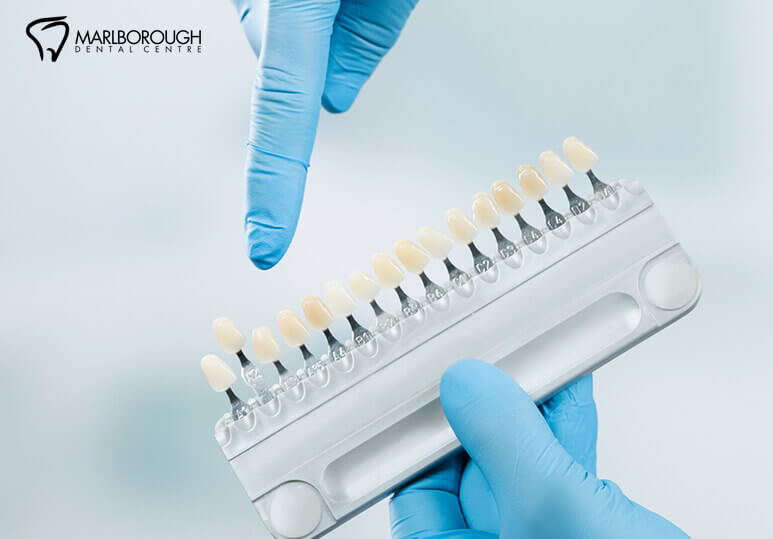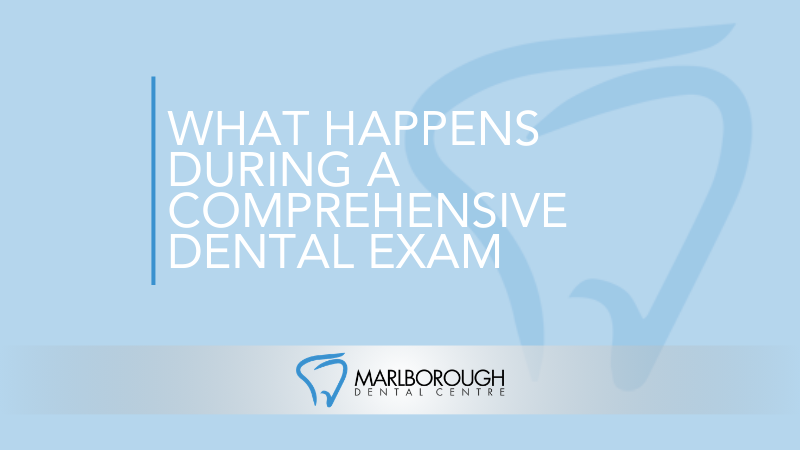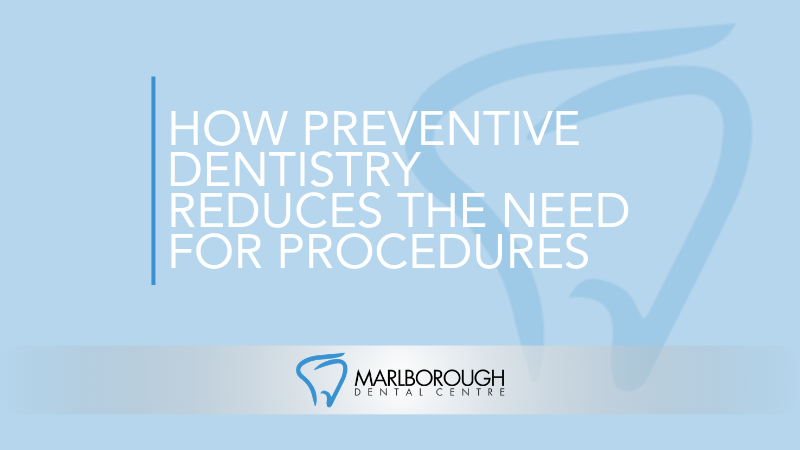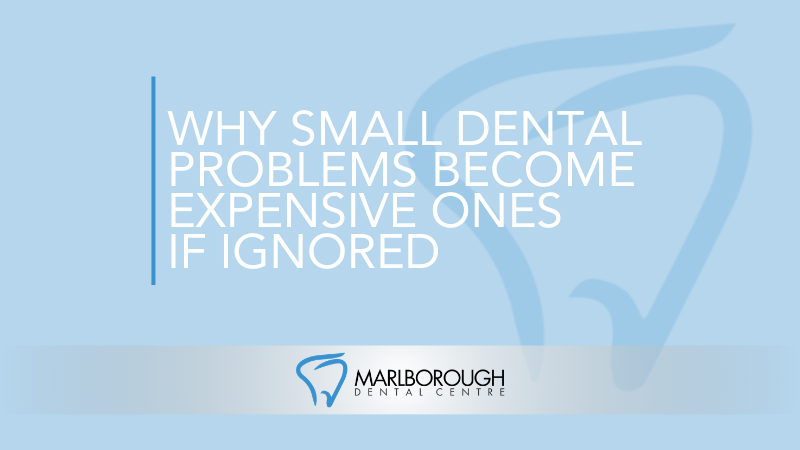Veneers Versus Dental Bonding
What Are Veneers? Veneers are a thin dental grade porcelain that is permanently attached to the teeth. Veneers need to be perfectly fitted so they require a mold of the teeth and time to prepare the customized veneer. To help the veneer attach to the tooth, some of the enamel is ground off of the natural tooth. People often get veneers to correct chipped or stained teeth or to otherwise correct tooth shape. A person can get an individual veneer to correct one tooth or they can get a set. Veneers are a great option for people who regularly whiten their teeth or are looking for a permanent change to their smile.
What Is Dental Bonding? Dental bonding uses a dental resin that hardens on the tooth and is then smoothed to make it blend with the natural tooth. It is a fast and painless procedure that can be performed in one visit and is often used on teeth that are chipped or damaged. Bonding is not a permanent change, as your dentist can grind the resin off at a later date. Dental bonding can be used on an individual tooth or many teeth. Dental bonding is a great solution for those who have suffered an incident that has left them with a broken tooth or for those who want a more even smile.
What Are The Differences?
- Permanency. Veneers are permanently bonded to the teeth whereas dental bonding is reversible.
- Material. Veneers are made of a thin, dental grade porcelain, whereas dental bonding uses a hardened resin. The porcelain veneers are much stronger than the resin and are less likely to chip or discolour. Porcelain may chip if the veneers, particularly the front veneers, bite down on something rather hard like almonds, but dental bonded teeth may chip from chewing on softer items, such as biting the nails.
- Cost. Veneers are more expensive than dental bonding but they are stronger and last longer. If you have other regular dental costs that you will no longer be needing, such as tooth whitening, take this into account.
- Longevity. Veneers can last for around 20 years, whereas dental bonding can last anywhere from 3 to 10 years depending on the treatment of the teeth.
- Procedure Times. Since the veneers must be custom fitted they will take more than one visit, plus time to bond them to the teeth. Dental bonding takes less time and can be done in one session.
*Note: If you are someone who routinely whitens their teeth, note that both the dental resin used in dental bonding and the porcelain used in veneers will not change colour during the whitening process and they may end up looking less white comparatively if you continue whitening your natural teeth.
Which One Is Better For You? Ask A Calgary Dentist At Marlborough Dental In The NE.
Both are good options depending on what you’re looking for. The one you choose may be influenced by any preexisting conditions/gum disease, your budget, your desired look, and more. The optimal thing to do before deciding is to have a consultation with one of our dentists. Whether you decide to get veneers or dental bonding, the expert staff at Marlborough Dental in NE Calgary can help you smile with confidence. Our Calgary dental services include cosmetic dentistry, giving us the experience to help you decide which option will most suit your needs. If you would like to schedule an appointment to consult with one of our Calgary dentists, contact us at 403-248-2066 or fill out the contact form.
FAQ
Q: Do veneers or dental bonded teeth feel different from natural teeth?
A: Broadly speaking, veneers and dental bonded teeth feel very similar to your natural teeth. Most patients report it taking up to two weeks for their bite to feel normal and for their chewing and speaking to feel completely natural but once you get used to it, it will soon no longer be noticeable.
Q: How do I care for my veneers or dental bonding?
A: Taking care of your veneers or dental bonded teeth is the same as taking care of your natural teeth. Brushing your teeth twice a day, flossing, and visiting your dentist for regular cleanings are all great ways to keep your veneers or dental bonded teeth in top condition. Also avoid eating hard foods, especially with front teeth, to prevent the porcelain or resin from cracking or chipping.
Q: What are the benefits of cosmetic dental services?
A: Your self image and feelings of self confidence are important aspects of your mental health, and cosmetic dental services can also improve your jaw and tooth health. Cosmetic dentistry can:
- Boost your confidence knowing that you can smile with bright, even teeth
- Improve your bite with properly aligned teeth
- Help you look younger and healthier
- Prevent jaw pain and Temporomandibular Joint (TMJ) dysfunction from misaligned teeth
- Restore decayed or worn teeth




